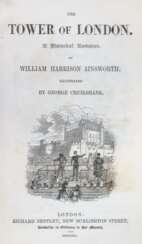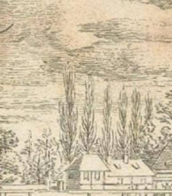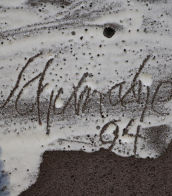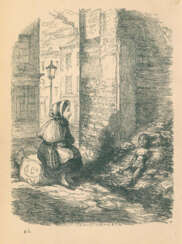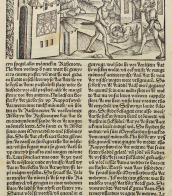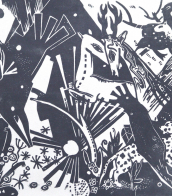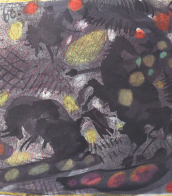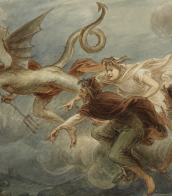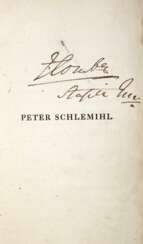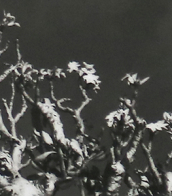cruikshank
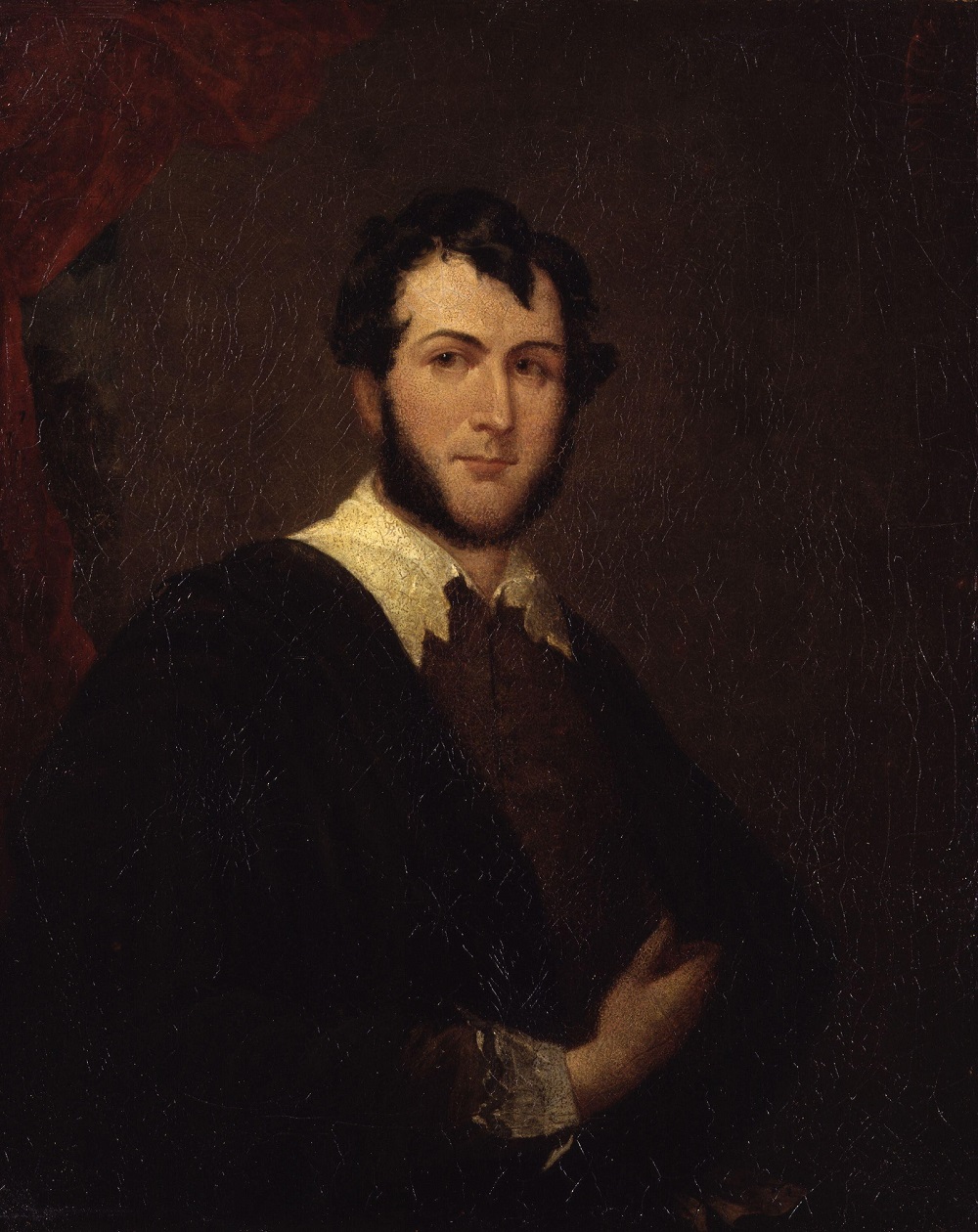
George Cruikshank was a British caricaturist and book illustrator, praised as the "modern Hogarth" during his life. His book illustrations for his friend Charles Dickens, and many other authors, reached an international audience.

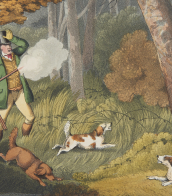
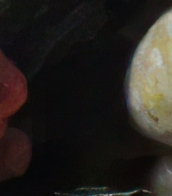
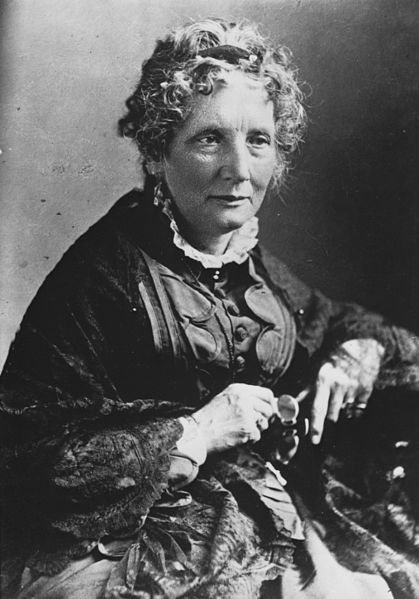
Harriet Beecher Stowe, full name Harriet Elisabeth Beecher Stowe, was an American writer and poet, an activist for the eradication of slavery in the country.
Beecher Stowe is the author of the world-famous novel Uncle Tom's Cabin. Published first in a newspaper and first published as a book in 1852, it aroused widespread anger in the country and galvanized the fight against slavery in the southern United States. This novel was later reprinted many times in all languages of the world and has been screened more than once.
In her youth, Beecher Stowe received an academic education, wrote poetry, notes and essays on social topics. In addition to "The Shack", she wrote several other novels and was engaged in teaching.
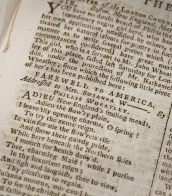
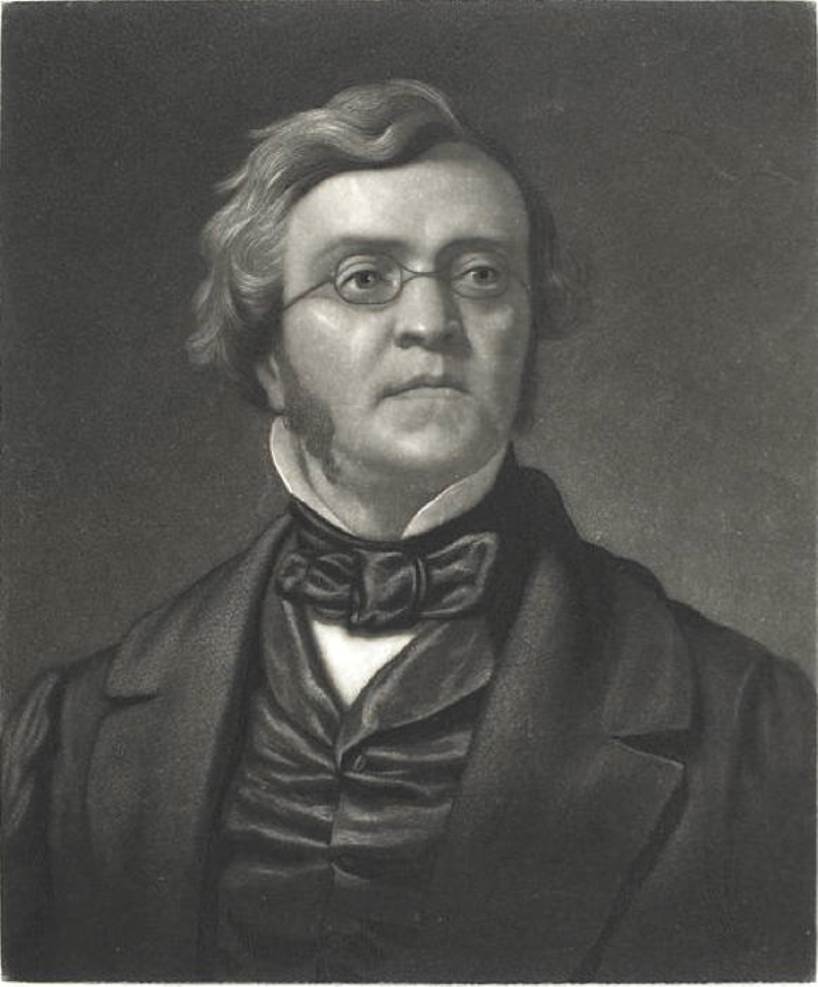
William Makepeace Thackeray was a British writer of satire and a master of the realist novel.
William was born in Calcutta, and after the death of his father, an administrator for the East India Company, he was sent to England at the age of five. He attended Trinity College, Cambridge, studying law and painting, then traveled with adventure, socializing, and gambling, earning a living as a journalist and illustrator.
It was not until the serial publication of his novel Vanity Fair in 1847-1848 that Thackeray gained fame and success, and from then on he became a recognized writer in Britain.
William Thackeray then lectured in the United States, which were published in the collections The English Humorists of the Eighteenth Century (1853) and The Four Georges (1860). After 1856 he settled in London, ran unsuccessfully for Parliament the following year, and in 1860 founded the Cornhill Magazine, becoming its editor.
Thackeray's other well-known works are The Story of Henry Esmond, Esquire (1852), The Virginians (1857-1859), The Widower's Trap (1860), and The Adventures of Philip (1861-62). He also wrote exquisite secular poetry, ballads, and parodies. Thackeray was considered by his contemporaries to be Dickens's only possible rival. His works are filled with wit, humor, satire and pathos. In creating them Thackeray relied on his own experience. "Vanity Fair" is still his most interesting and readable work, maintaining its place among the great historical novels in the English language.

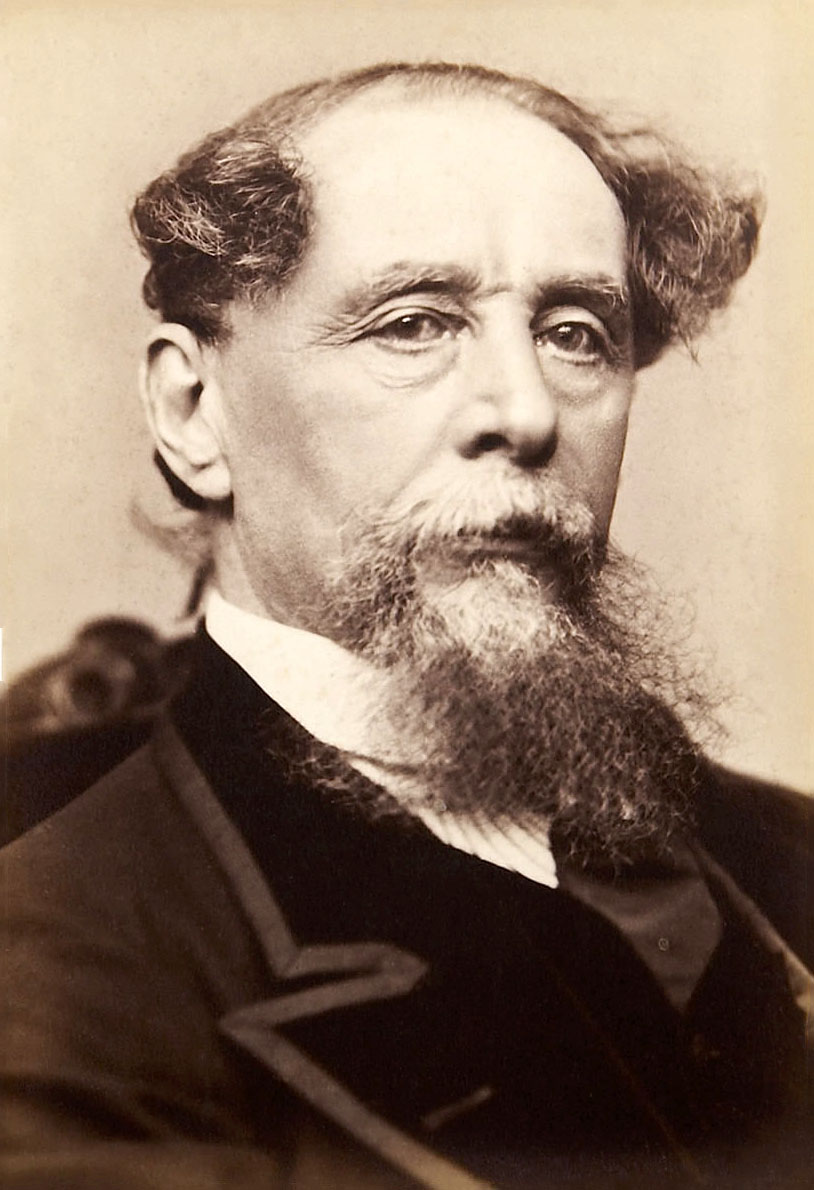
Charles Dickens, full name Charles John Huffam Dickens, is the most famous British writer of the Victorian era, a classic of world literature.
From childhood the future writer learned all the hardships of life in poverty: his father in prison for debts, hard work in a factory. Then service stenographer in court and reporter developed in him a strong attachment to journalism and contempt for both the law and parliament.
Dickens had many talents: in addition to literary work, he was an actor, published periodicals, arranged numerous literary readings, where he reveled in the admiration and love of the public. Fecund and versatile, Charles Dickens wrote many brilliant and often comic works. His novels cover a wide range of social, moral, emotional and other aspects. As a subtle psychologist, he is also very interested in the most ordinary people, but also the eccentric, the flawed, and even the insane.
Dickens was immensely popular around the world during his lifetime. His intellect, worldview, and deep reflections on society and its faults enriched his novels and made him one of the great figures of nineteenth-century literature, an influential spokesman for the conscience of his time.
Dickens' best-known and most popular novels are The Pickwick Club Posthumous Notes, Oliver Twist, Nicholas Nickleby, David Copperfield, Cold House, A Tale of Two Cities, Our Mutual Friend, Great Expectations, and The Mystery of Edwin Drood.


Charles Dickens, full name Charles John Huffam Dickens, is the most famous British writer of the Victorian era, a classic of world literature.
From childhood the future writer learned all the hardships of life in poverty: his father in prison for debts, hard work in a factory. Then service stenographer in court and reporter developed in him a strong attachment to journalism and contempt for both the law and parliament.
Dickens had many talents: in addition to literary work, he was an actor, published periodicals, arranged numerous literary readings, where he reveled in the admiration and love of the public. Fecund and versatile, Charles Dickens wrote many brilliant and often comic works. His novels cover a wide range of social, moral, emotional and other aspects. As a subtle psychologist, he is also very interested in the most ordinary people, but also the eccentric, the flawed, and even the insane.
Dickens was immensely popular around the world during his lifetime. His intellect, worldview, and deep reflections on society and its faults enriched his novels and made him one of the great figures of nineteenth-century literature, an influential spokesman for the conscience of his time.
Dickens' best-known and most popular novels are The Pickwick Club Posthumous Notes, Oliver Twist, Nicholas Nickleby, David Copperfield, Cold House, A Tale of Two Cities, Our Mutual Friend, Great Expectations, and The Mystery of Edwin Drood.
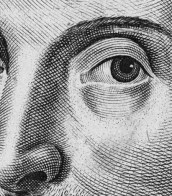
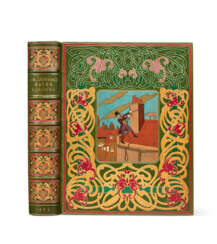



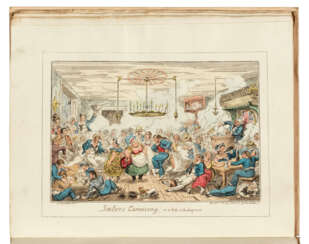

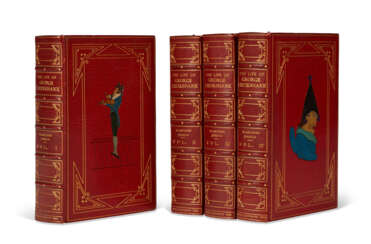

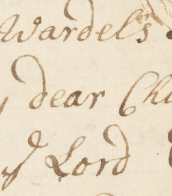
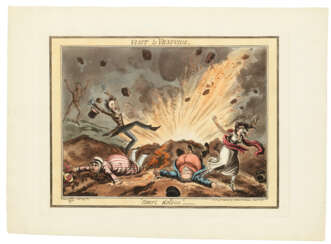

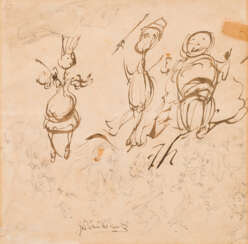

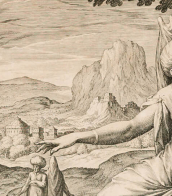


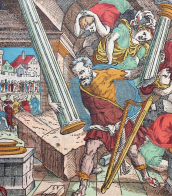
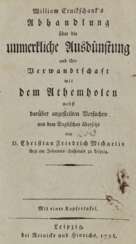

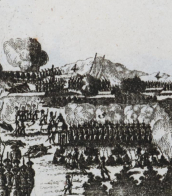
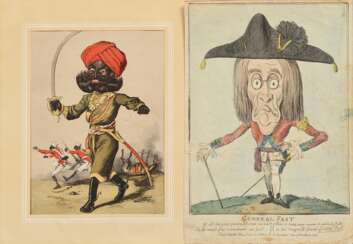

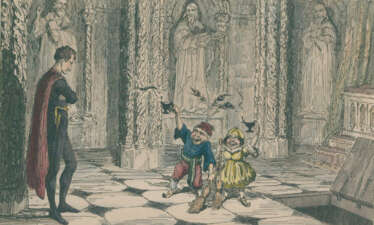

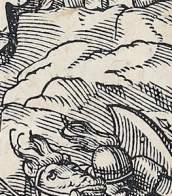
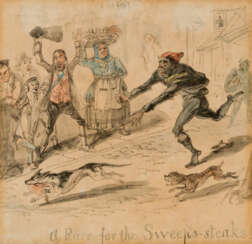

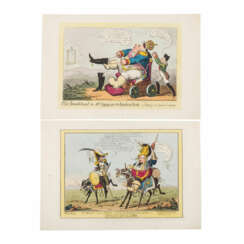




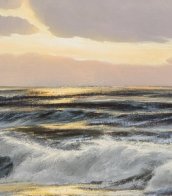


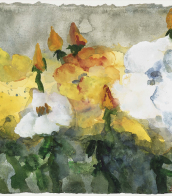


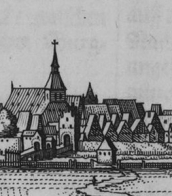
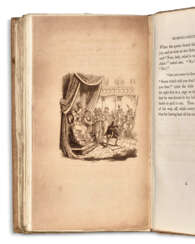

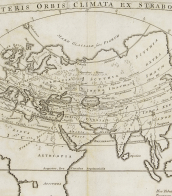
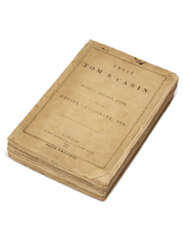

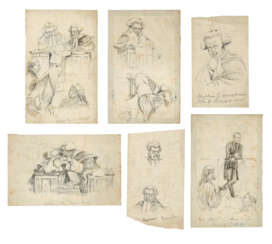

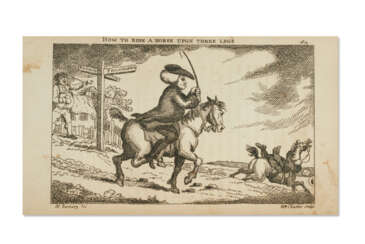

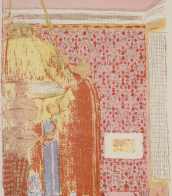
![[DICKENS, Charles (1812-1870)]](/assets/image/picture_2944435/1169a/132b4e4016f576346dfc67caea8b628c1689112800jpg__fix_374_244.jpeg)
![[DICKENS, Charles (1812-1870)]](https://veryimportantlot.com/assets/image/picture_2944435/1169a/132b4e4016f576346dfc67caea8b628c1689112800jpg__fix_374_244.jpeg)
